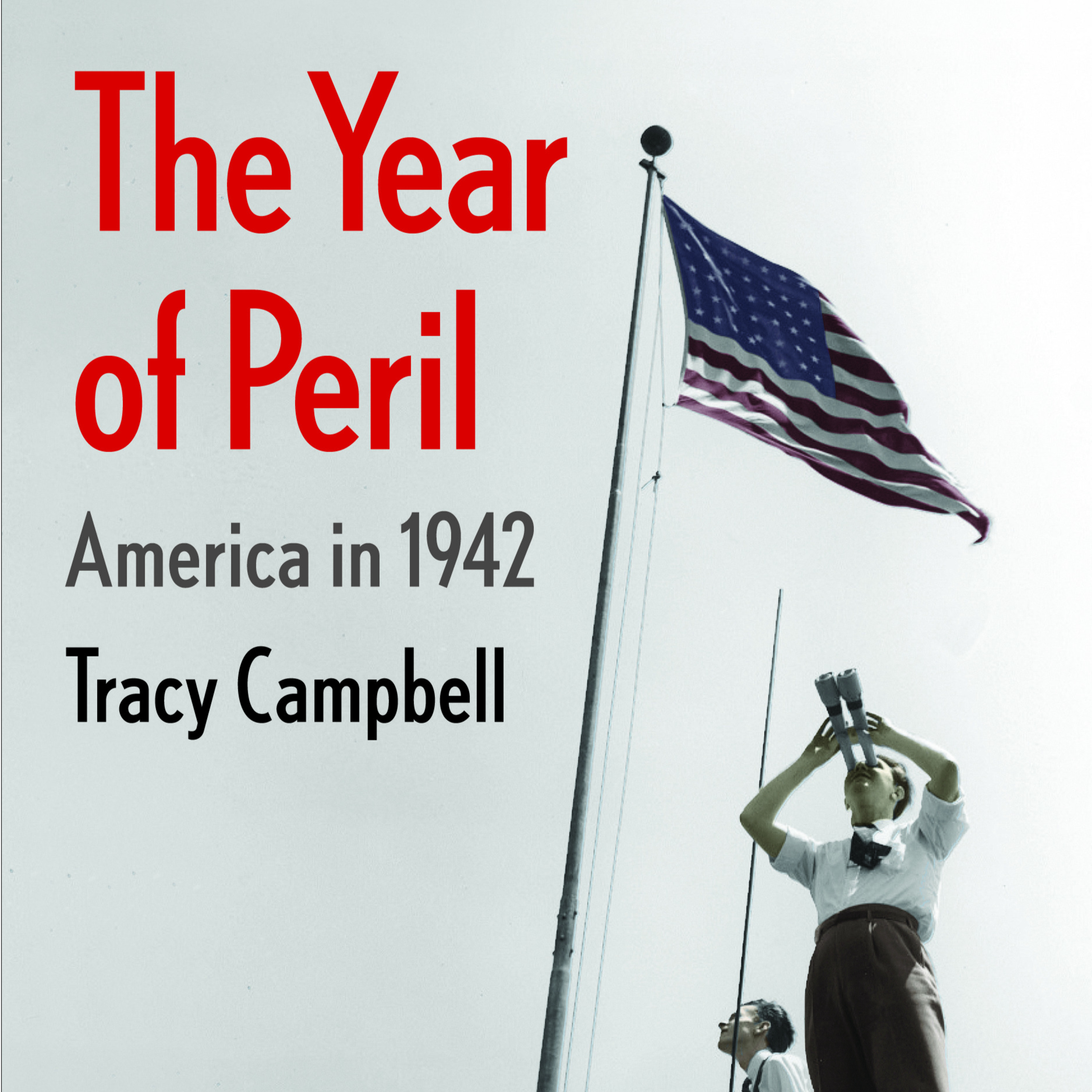Tracy Campbell- The Year of Peril, America in 1942

The Second World War exists in the American historical imagination as a time of unity and optimism. In 1942, however, after a series of defeats in the Pacific and the struggle to establish a beachhead on the European front, America seemed to be on the brink of defeat and was beginning to splinter from within.
\nExploring this precarious moment, Tracy Campbell paints a portrait of the deep social, economic, and political fault lines that pitted factions of citizens against each other in the post\u2013Pearl Harbor era, even as the nation mobilized, government-aided industrial infrastructure blossomed, and parents sent their sons off to war. This captivating look at how American society responded to the greatest stress experienced since the Civil War reveals the various ways, both good and bad, that the trauma of 1942 forced Americans to redefine their relationship with democracy in ways that continue to affect us today.
\nTRACY CAMPBELL is professor of history at the University of Kentucky. His previous books include The Gateway Arch: A Biography and Deliver the Vote: A History of Election Fraud, an American Political Tradition, 1742\u20132004. He lives in Lexington, KY.